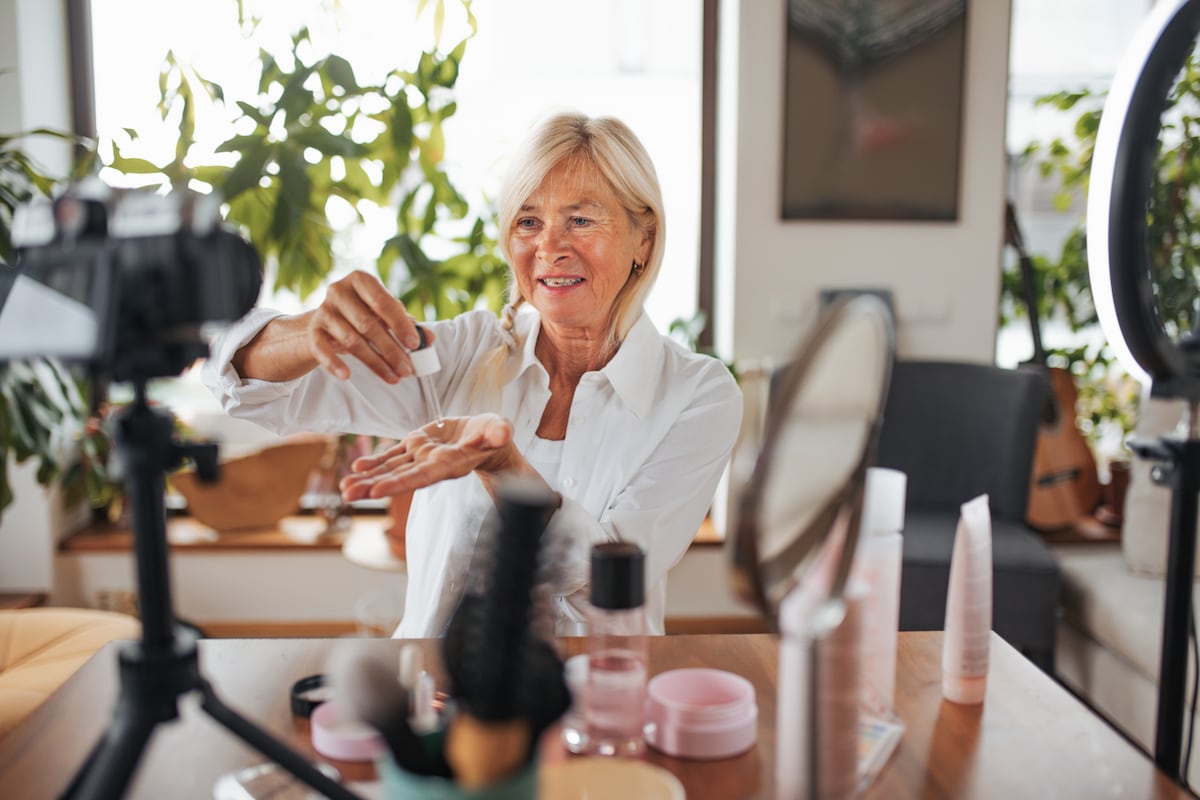Retinol, a popular anti-aging ingredient in cosmetics, has gained popularity due to its benefits in promoting skin renewal, smoothness, luminosity, and collagen production. However, its use should be cautious to avoid skin irritation. Dermatologists recommend starting with low concentrations and gradually increasing usage as the skin gets accustomed to it. The importance of sun protection when using retinol is also emphasized.
In recent years, regulations have been put in place to limit the concentration of retinol in cosmetic products. The European Commission approved a regulation limiting the concentration of retinol in facial products to 0.3% and 0.05% in body products to prevent potential health risks associated with vitamin A absorption. These limitations aim to ensure safer skincare practices and prevent skin problems caused by high concentrations.
While the general population can benefit from low concentrations of retinol for anti-aging purposes, higher concentrations may be necessary for specific skin conditions. The possibility of prescribing higher concentrations of retinol for medical indications remains unclear under the new regulations. Specialists may be allowed to prescribe or formulate retinol at higher concentrations when needed for certain skin conditions.
Social media has played a significant role in the popularity of retinol, leading to improper or unnecessary usage in some cases. Dermatologists highlight the importance of following guidelines and precautions when using retinol for skincare to promote safer skincare practices and prevent potential health risks.
Alba Fernández Palacios started taking care of her skin three years ago due to acne and followed dermatologists’ advice on social networks by including retinol in her facial routine to lighten pimple spots. Retinol is a derivative of vitamin A that promotes skin renewal, smoothness, luminosity, and collagen production but should be used cautiously as excessive vitamin A intake can lead to severe health issues.
The European regulations aim to regulate the use of retinol in cosmetics by limiting its concentration and emphasizing sun protection when using it. While low concentrations may be sufficient for general skincare purposes, higher concentrations may be necessary for specific skin conditions.
Overall, these regulations aim to promote safer skincare practices while preventing potential health risks associated with high concentrations of retinol. As a journalist covering this topic, I urge readers to follow guidelines and precautions when using this popular ingredient for their skincare needs.



